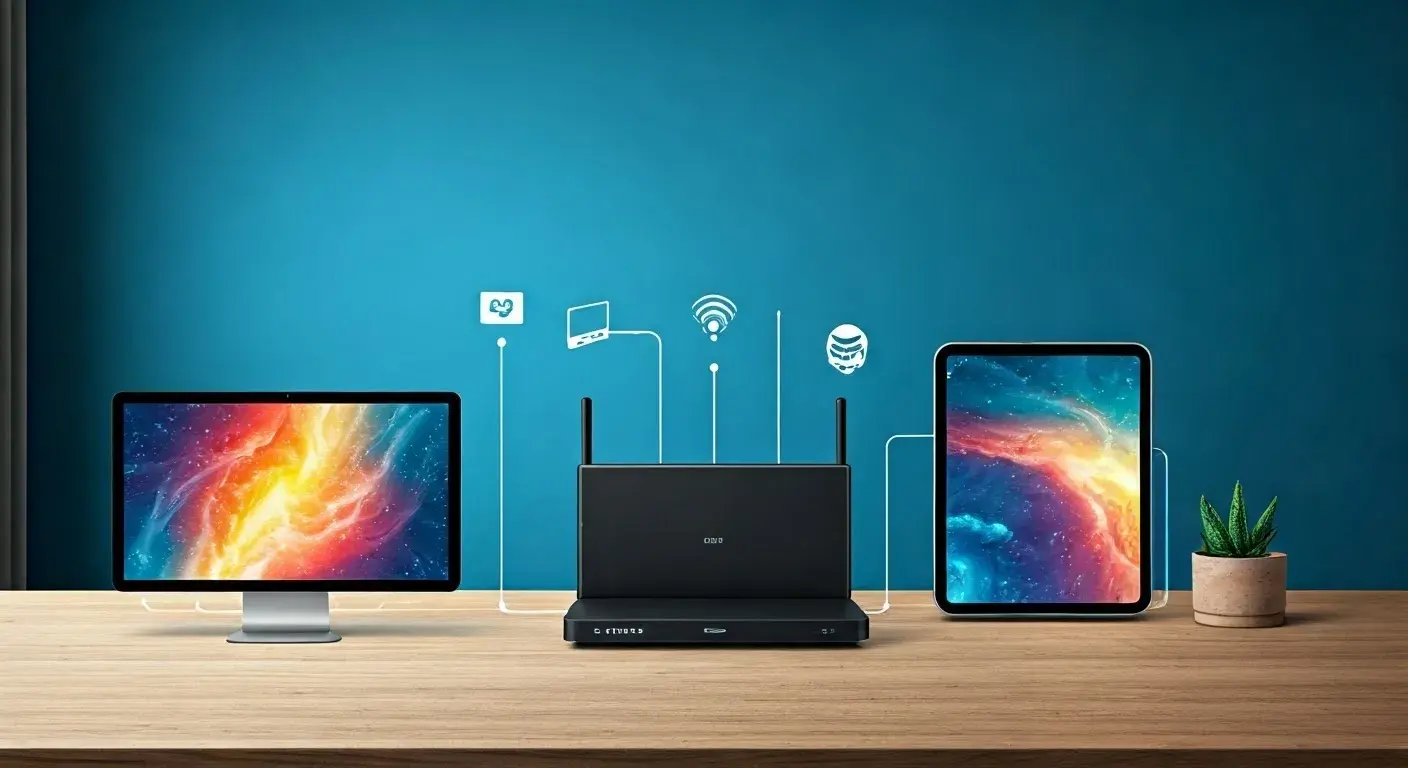Are landlines being switched off in 2025?

Are landlines being switched off in 2025
The question of whether landlines remain relevant in society has been an issue of discussion for many years. Recent developments have seen many households discard their traditional wired phone in favor of mobile phones, making many people predict that wired phones could be rendered obsolete at one point in the future. However, are the landlines going to be turned off in its entirety as has been proposed for the year 2025? Let us dissect this statement a little further.
Telephones have been in place for many years as a device mostly used to make calls and also for browsing the internet from home. However, the use of the landline specifically has been in decline for the last 10-15 years. There are now more than cellular/wireless/cellphone-only households with the figure standing at 60% at present from 5% in 2003 only. This has made communication through mobile phones to be the most convenient way of communicating in most families.
Some authors have forecasted that landlines will become completely obsolete by 2025 due to this tendency. The rationale for this is that there has been enhancement of mobile telephony network thus obviating the need for most households to have a fixed line and mobile phone subscription. The telecom gurus predict that fiber optic and 5G networks will offer a fast and dependable home internet connection to all those who still crave a wired home connection.
Nevertheless, it appears that the conventional general copper-wire-based wired telephone connection often referred to as the landline connection will not be turned off in the United States of America by the year 2025. It is important to note that at the current time, it is the Federal Communications Commission’s policy under section 214 that phone companies must seek out and provide access to landlines to those requesting it. This universal service obligation is deemed to have provided a way through which the rural areas and low-income groups, who are unable to afford mobile and internet services, can be able to make calls on the go.
Much of the rural areas still have weak and poor mobile signal and internet service connectivity. Cutting off the landlines completely means these communities remain isolated. Because the digital divide remains an issue in the country, it seems unlikely that regulators would sign off on completely abandoning copper-based landline networks.
There is also the matter of using such systems as the emergency 911 service, which heavily depends on landlines. Eliminating all the wired lines will put pressure on mobile companies to cover such important public safety calls. Upgrading current 911 systems would take longer than five years due to the underlying structure that currently exists. This is one of the reasons why telecom authorities are expected to delay measures such as the cutting off of all landlines.
Secondly, while the telecom companies were in their heyday, they stopped aggressively promoting or growing fixed-line telephone networks. Verizon ceased deploying copper landlines to consumers in 2008, insisting that consumers switch to fiber optic or wireless residential telephones. Other dominant telecommunications companies such as AT&T Internet provide a mere basic telephone service via wires showing their desire for clients to shift to the IP-based telephone and/or internet service.
Well, even as conventional wired phones based on copper wire connections are on the precipice of a natural decline, it is highly unlikely that regulators will put out a timeline of putting these services to a halt by 2025. However, analysts expect that the phone firms will persist in pressuring clients to switch to fiber optic or wireless home services this decade. They may then disappear gradually without having to ring the bell for them to switch them off across the nation.
The above arguments lead to a conclusion that it appears more probable that call by call or even region by region the POTS or the landlines get shut down everywhere rather than a complete shutdown. Probably, the rural areas with initially worse mobile/internet connection will keep copper landlines for longer periods. However, where there exist multiple points of attachment to homes, more telecoms will be at ease disinvesting in their fixed-line wired networks where usage declines to sub-optimal levels.
Therefore, while the role of landlines has waned over time, they are still useful in today’s society to serve necessary functions in areas where other methods are unavailable such as making 911 emergency calls. For these reasons, regulators and telecoms are cautious even if mobile substitution threatens to maintain landline infrastructure pressure. Over the next 5 years, landlines will remain a part of our lives, but be less visible In the entire country, there seems to be no way the government will shut it down formally in 2025. chosen areas in which the modern equivalents have a high enough level of coverage. However, in other areas, legacy landline telephony appears set to linger just a little past 2025, possibly due to its versatility.
Upgrade to faster, more reliable AT&T Fiber Internet today! Call us at +1 844-905-5002 and get connected with speeds that keep you ahead.





